Video telephone platform "Daheim" (Home) enables refugees in particular to learn German in a virtual environment. A profile of the start-up and its contribution to social participation among refugees.
Home is not a place, it's a feeling. "Home can be anywhere. You just have to feel at ease, that's most important", says Madita Best. Almost a year ago she and her sister Kathinka founded start-up Daheim, a video telephone platform for learning German that is geared particularly towards refugees.
It's a warm day in May, and the thermometer is almost at 20 degrees at just ten o'clock in the morning. Madita Best is wearing a skirt and a black T-Shirt. She enters Basecamp in the district of Berlin Mitte with a bag and a cycle helmet in her hand. Basecamp is a coworking space run by a telecom company near the Unter den Linden boulevard. Best is working here today, because her desk – just like her feeling of home – is not tied to any particular place. "We don't have an office. Our entire start-up is decentralised and digitally organised", explains the 28-year-old, who hails from Essen.
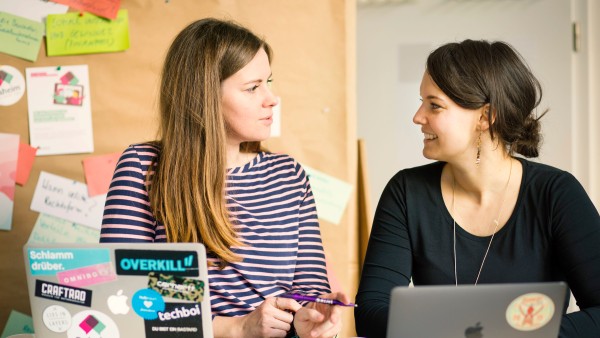
CLOSE TO THE HEART
Sisters Kathinka and Madita Best (right) are the entrepreneurs behind the start-up "Daheim".
There is a small bistro here at Basecamp, tables to work on, and, very importantly: wireless Internet and countless sockets. It's a large, high-ceilinged room. Spherical, copper-coloured lamps hang from the ceiling. Between pieces of modern art there is a large screen on the wall, which has adverts in a continuous loop. An espresso machine rattles in the background.
Madita Best sits down on one of the black leather benches and takes a long gulp from her orangeade. "Our graphics girl is currently in New Zealand, and our community manager is in Sweden. We meet in the mornings or evenings on Skype, and work in various places, wherever takes our fancy. This is also the concept behind our platform that can be used from anywhere."
Daheim is the "new platform for speaking to each other and feeling comfortable and at ease with one another", as it says on the start-up's flyer. On Daheim, non-natives meet native speakers, share stories and improve their German language proficiency at the same time.
Daheim offers simple matching for conversation partners
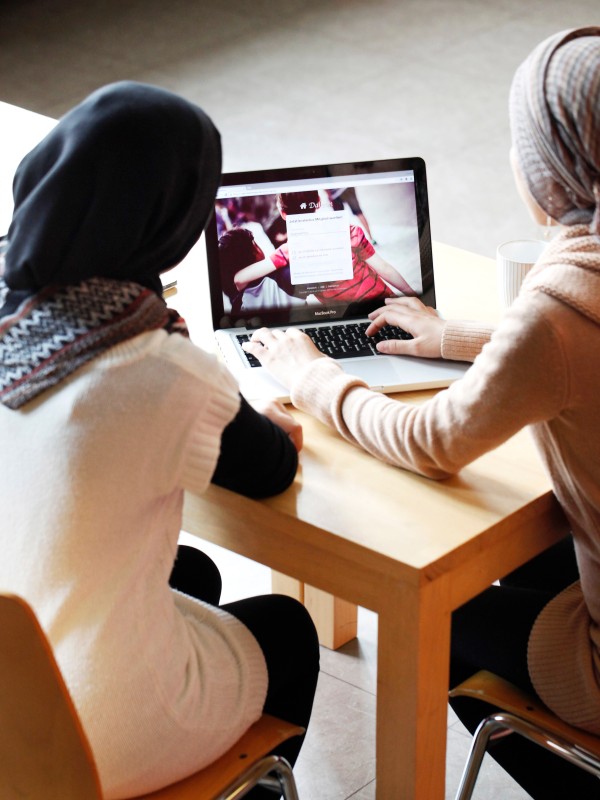
LANGUAGE UNITES
Daheim is used particularly by refugees to learn German in a virtual environment.
It works like this: on the website www.willkommen-daheim.org you create a profile, state what you would like to talk about, and which languages you speak. Using this information, Daheim then looks for a suitable conversation partner. An intelligent matching algorithm connects the users in line with their level of language before the video conversation starts in a browser. Daheim is completely free for users.
Madita Best came up with the basic idea behind Daheim a long time ago: "I simply know what it's like when you are living in a foreign country where you understand nothing at all", she said. "I experienced it myself during a school exchange to France when I was around 16. I knew nobody, and couldn't even speak French. I didn't understand a single word to begin with. Only with the help of my fellow students and host family did I finally get by. What stuck with me though was the thought that there has to be an easier way!"
When so many refugees then came to Germany in 2015, Madita Best's idea took shape during her studies abroad: "My school exchange and my time spent studying abroad were fixed periods spent outside of Germany. Yet if you make the decision or are forced to leave your country, it is vital to be able to speak the local language. Otherwise you can't make any contacts, and you will find it difficult to get a job – especially in Germany. Many refugees are currently searching for a new home, not just geographically, but also as a person."
"Our main goals are integration and mutual acquaintance. Integration consists of social and economic participation. We cannot contribute directly to economic participation, but we can make it easier: by enabling refugees to practise German on our platform, learn how to deal with people in Germany and feel safer as a result", explained Best. Conversely, it is also important for people in Germany to get to know the refugees: "Real integration can only work if everyone communicates with each other and learns to understand each other."
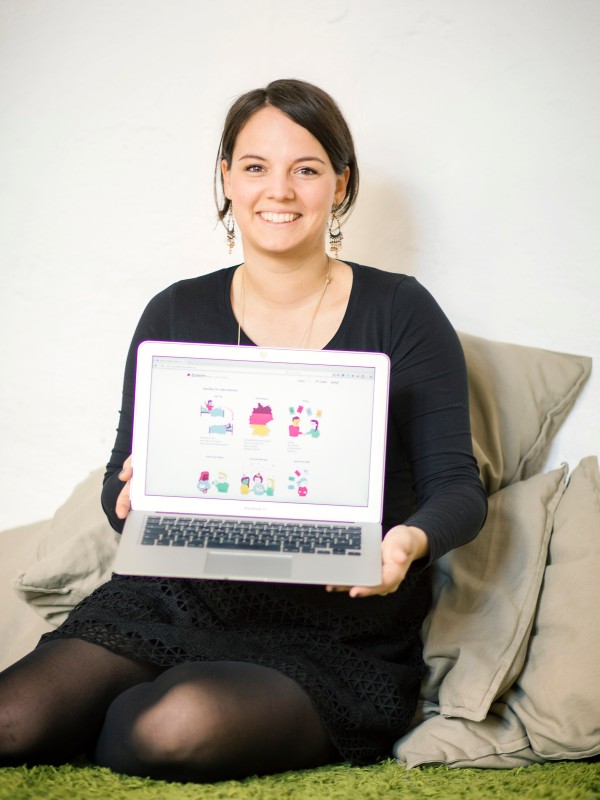
NO HOME OFFICE EITHER
Madita Best carries her office in her bag, she can work anywhere there is Internet.
Before they were able to establish Daheim though, Madita and Kathinka Best had to find someone that could build them such a platform. "We got to know a developer from Hungary who lived a few streets away. Initially we actually just wanted to find out how much it would cost – but he was so enthusiastic about the idea that he programmed our platform himself."
His name is Gergő Ertli (30) and he now lives in Tel Aviv. "He was also our ideal test user because he doesn't speak German." Alongside the two Best sisters, Gergő is one of the three shareholders in Daheim. The start-up is registered as a non-profit company. "We are a non-profit start-up", explains Best. "This means that all the money we receive gets channeled back into our project and our non-profit objectives." Daheim is financed by donations, among other things. A button on the website enables visitors to lend their support to the start-up. "You can also support us directly at betterplace.org too", says Madita Best. Betterplace.org is Germany's largest donations platform for social projects.
Diverse support for unconventional thought leaders
The establishment of the Daheim start-up was assisted and advised by staff at the Social Impact Lab in Duisburg. The Social Impact Lab in Duisburg is a joint initiative of the Prof. Otto Beisheim Stiftung, Franz Haniel & Cie. GmbH, KfW Stiftung and Social Impact gGmbH.
"Social entrepreneurs like Madita Best are unconventional thought leaders and motivated problem-solvers who have strong appeal in the start-up scene", enthused Martina Köchling, Programme Director for Responsible Entrepreneurship and Social Commitment at KfW Stiftung. "We were impressed by the willingness to take on social responsibility and a business risk at the same time. This is why we at KfW Stiftung, together with Social Impact gGmbH in their Social Impact Labs in Duisburg and Frankfurt, offer business founders qualifications and networks so they can prevail on the market and provide a long-term boost to thinking differently."
"We are also in contact with other trusts that like our project", said Madita Best, hoping for further support.
Daheim has around 2,000 registered users so far. "On a good day we have 50 to 60 people online, on bad days it's more like 20", estimated Best. One thing is certain though: "All of the users we have spoken to so far are always amazed at how simple and intuitive our platform is to use."
Some users have even agreed to meet up beyond the boundaries of Daheim, or have switched to the well-known video telephone app Skype. "This is a good sign, we think that's great. The aim is not to keep people on our platform, but for them to get to know each other better", explained Madita Best, before thinking for a moment. "That perhaps sounds like a paradox now: ideally, Daheim will at some point become superfluous because everyone will understand each other."
Published on KfW Stories: Tuesday, 27 June 2017
The described project contributes to the following United Nationsʼ Sustainable Development Goals
Goal 4: Quality education
Refusing people access to education means depriving them of a basic human right – and of important development prospects for individuals and society. Education enables people to improve their political, social, cultural, and economic situations. Worldwide, 58 million children and 63 million young people still do not have access to primary and secondary schools. 90 per cent of all children with a disability never go to school. 781 million people are illiterate. 7.5 million people with functional illiteracy live in Germany alone.

All United Nations member states adopted the 2030 Agenda in 2015. At its heart is a list of 17 goals for sustainable development, known as the Sustainable Development Goals (SDGs). Our world should become a place where people are able to live in peace with each other in ways that are ecologically compatible, socially just, and economically effective.

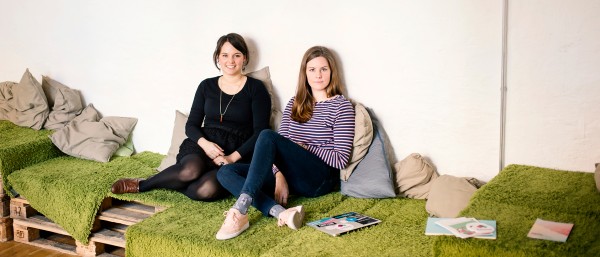
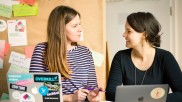
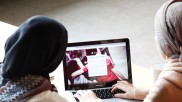
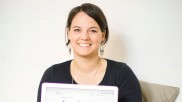
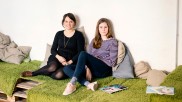
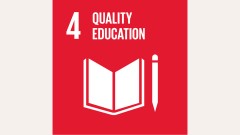
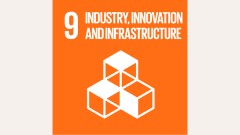
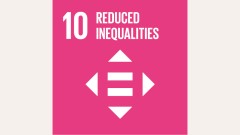

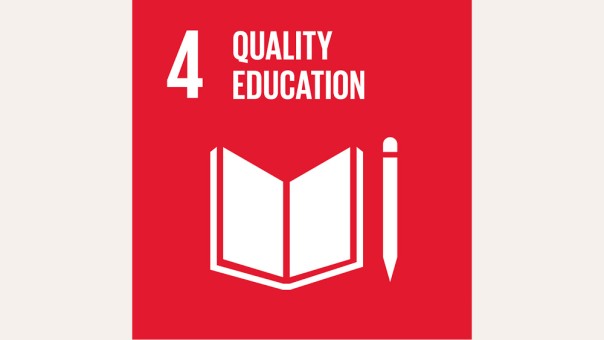
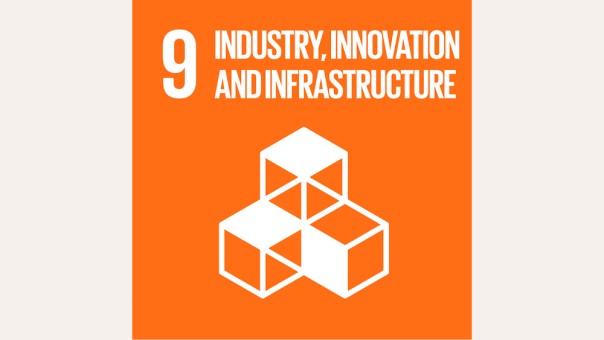
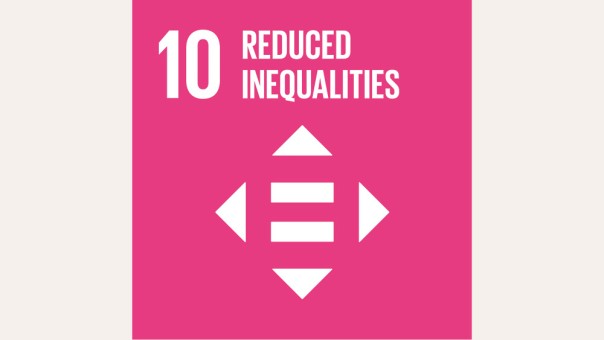

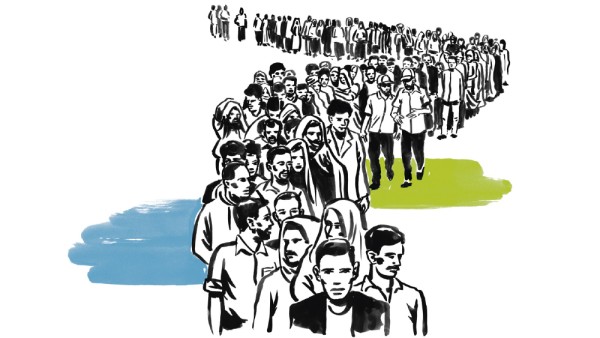
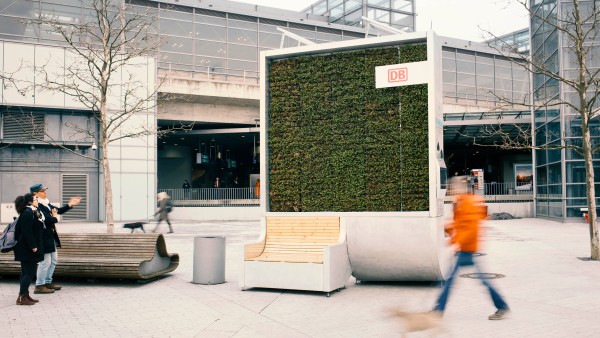
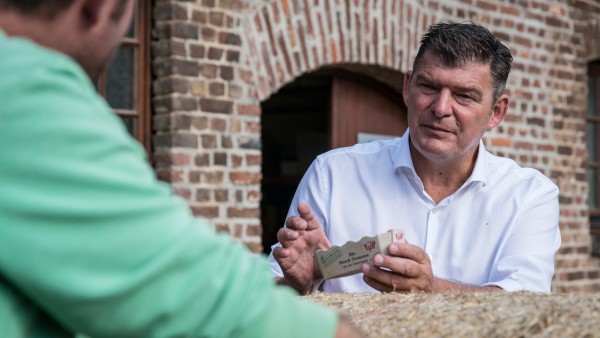
Data protection principles
If you click on one of the following icons, your data will be sent to the corresponding social network.
Privacy information